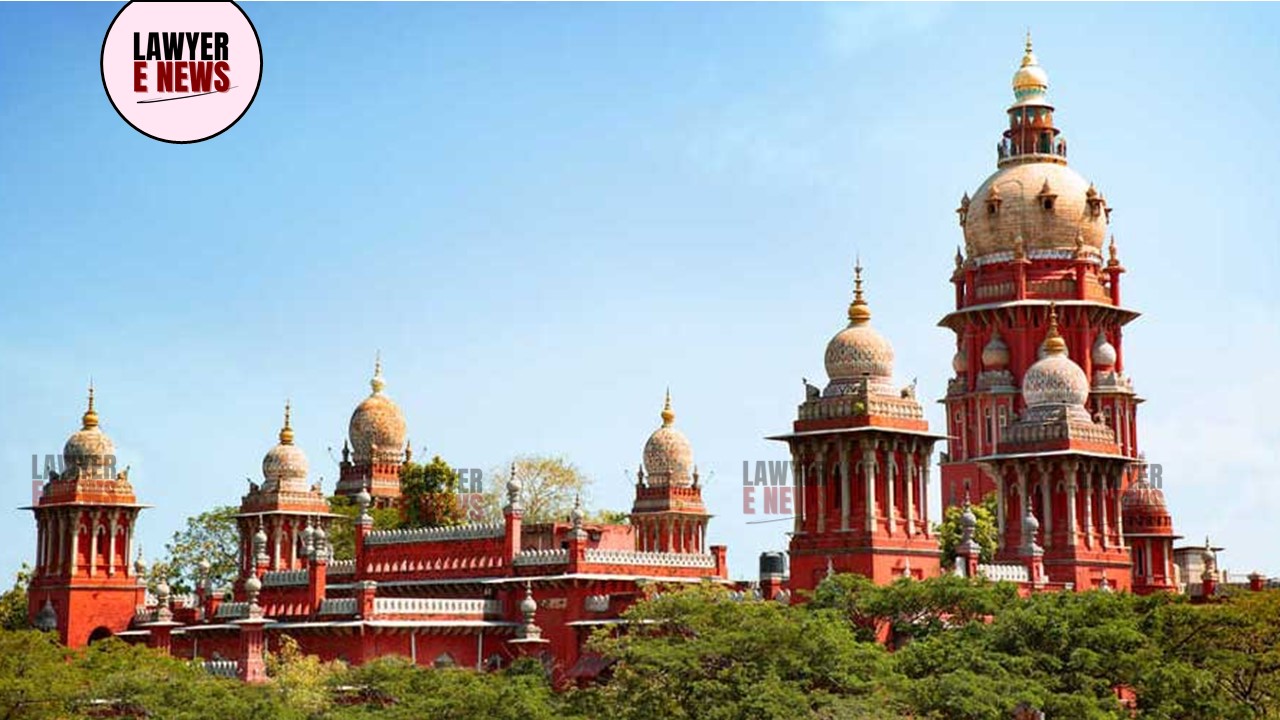-
by Admin
15 February 2026 5:35 AM



Madras High Court dismissed a civil revision petition challenging the rejection of an application to amend a preliminary decree in a partition suit under Section 152 of the Code of Civil Procedure (CPC). The petitioners sought redistribution of shares, invoking the Supreme Court’s judgment in Vineeta Sharma v. Rakesh Sharma (2020), which granted daughters equal rights as coparceners under the Hindu Succession Act, 1956. Justice N. Sathish Kumar held that once a final decree is passed and engrossed on requisite stamp paper, the partition suit is concluded, leaving no scope for revisiting shares.
Justice Kumar emphasized that a partition suit ends when the final decree is passed, signed, and engrossed on requisite stamp paper, as per precedents in Renu Devi v. Mahendra Singh (2003) and Mool Chand v. Director, Consolidation (1995).
While the Supreme Court in Vineeta Sharma v. Rakesh Sharma declared that daughters have equal coparcenary rights, its retrospective application is limited to cases where the final decree has not been passed. The Court observed that since the final decree in this case was issued before Vineeta Sharma, the petitioners cannot claim an enlargement of their shares.
The petitioners contended that the partition suit remained pending because possession of properties had not been delivered. The Court clarified that delivery of possession is part of execution proceedings and does not affect the finality of a decree.
1. The final decree conclusively ended the partition suit.
2. The petitioners cannot amend the preliminary decree or seek redistribution of shares post-final decree.
3. Delivery of possession pertains to execution and does not reopen the concluded suit.
Justice Kumar lauded the contributions of the amici curiae, senior counsel P. Valliappan and advocate Sharath Chandran, for their assistance in resolving the complex legal issues.
Date of Decision: January 3, 2025
